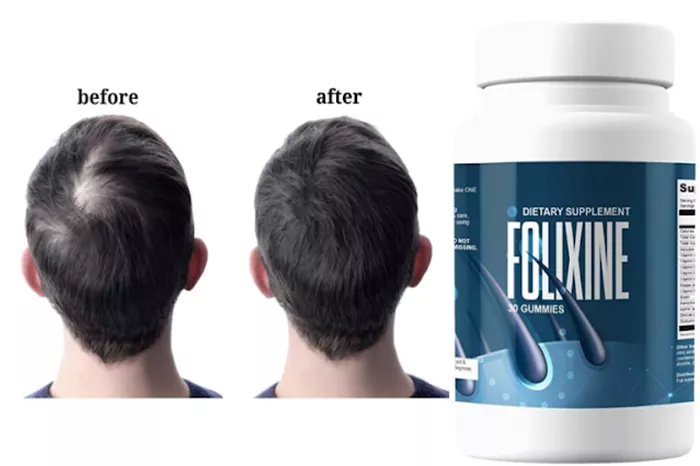Creatine is a popular supplement among athletes and bodybuilders. It is known for enhancing muscle mass and improving performance. However, concerns have emerged about its potential side effects, including hair loss. This article explores the relationship between creatine and hair loss, focusing on the amount of creatine that may contribute to this condition.
What is Creatine?
Creatine is a substance found naturally in muscle cells. It helps produce energy during high-intensity exercise. Most people obtain creatine from red meat and seafood. It is also available as a dietary supplement.
How Does Creatine Work?
Creatine works by increasing the phosphocreatine stores in muscles. This boosts the production of ATP (adenosine triphosphate), which is the primary energy carrier in cells. Enhanced ATP production leads to improved strength, endurance, and muscle mass.
The Popularity of Creatine Supplements
Creatine supplements are widely used in the fitness industry. They are praised for their ability to increase muscle mass, improve exercise performance, and aid in muscle recovery. Despite its benefits, some users are concerned about potential side effects, including hair loss.
Understanding Hair Loss
Hair loss, or alopecia, can be caused by various factors. These include genetics, hormonal changes, medical conditions, medications, and nutritional deficiencies. The most common type of hair loss is androgenetic alopecia, also known as male or female pattern baldness.
SEE ALSO: Can Low Hemoglobin Cause Hair Loss?
The Link Between Creatine and Hair Loss
There is no direct scientific evidence linking creatine to hair loss. However, some studies suggest that creatine may increase the levels of dihydrotestosterone (DHT) in the body. DHT is a hormone derived from testosterone. High levels of DHT are associated with androgenetic alopecia.
The Study on Creatine and DHT Levels
One of the most cited studies on creatine and hair loss was conducted in 2009. The study involved rugby players who were given a creatine supplement for three weeks. Results showed a significant increase in DHT levels among the participants. However, the study did not directly link this increase to hair loss.
How Much Creatine Was Used in the Study?
In the 2009 study, participants took 25 grams of creatine daily for the first week. This phase is known as the loading phase. For the remaining two weeks, they took 5 grams per day, which is the maintenance phase. The increase in DHT levels was observed during this period.
Recommended Dosage of Creatine
The standard dosage of creatine for most users involves a loading phase and a maintenance phase. During the loading phase, 20-25 grams of creatine are taken daily for 5-7 days. This is followed by a maintenance phase of 3-5 grams per day. Some users skip the loading phase and start directly with the maintenance dose.
Potential Mechanism of Hair Loss
The potential mechanism of hair loss from creatine involves the increase in DHT levels. DHT binds to receptors in hair follicles, leading to their shrinkage. This process, called miniaturization, results in thinner hair and eventually hair loss.
Individual Variations
Not everyone who takes creatine will experience an increase in DHT levels or hair loss. Individual responses to creatine can vary based on genetics, hormone levels, and overall health. Some people may be more sensitive to changes in DHT levels.
Genetic Predisposition to Hair Loss
Individuals with a family history of androgenetic alopecia may be more susceptible to hair loss. If you are genetically predisposed to this condition, an increase in DHT levels could potentially accelerate the process.
Monitoring Hair Health
If you are concerned about hair loss while taking creatine, monitor your hair health closely. Look for signs of thinning or shedding. Consult a healthcare professional if you notice significant changes.
Alternatives to Creatine
If you are worried about the potential side effects of creatine, consider alternative supplements. Beta-alanine, branched-chain amino acids (BCAAs), and protein supplements can also help improve performance and muscle mass without affecting DHT levels.
Dietary Considerations
A balanced diet is crucial for overall health, including hair health. Ensure you get adequate protein, vitamins, and minerals. Foods rich in iron, zinc, and biotin can support healthy hair growth.
Other Factors Affecting Hair Loss
It’s important to consider other factors that could contribute to hair loss. Stress, medical conditions, medications, and lifestyle choices can all play a role. Addressing these factors can help manage and prevent hair loss.
Consulting a Healthcare Professional
If you have concerns about hair loss and creatine use, consult a healthcare professional. They can provide personalized advice based on your health history and genetic predisposition.
Conclusion
There is no conclusive evidence that creatine directly causes hair loss. However, it may increase DHT levels, which is associated with androgenetic alopecia. The amount of creatine that might contribute to this effect varies among individuals. Monitoring hair health and consulting a healthcare professional can help manage potential risks. Remember, individual responses to supplements can differ, and maintaining a balanced diet and healthy lifestyle is crucial for overall well-being.

